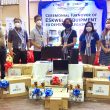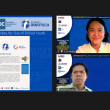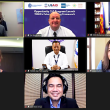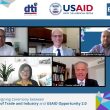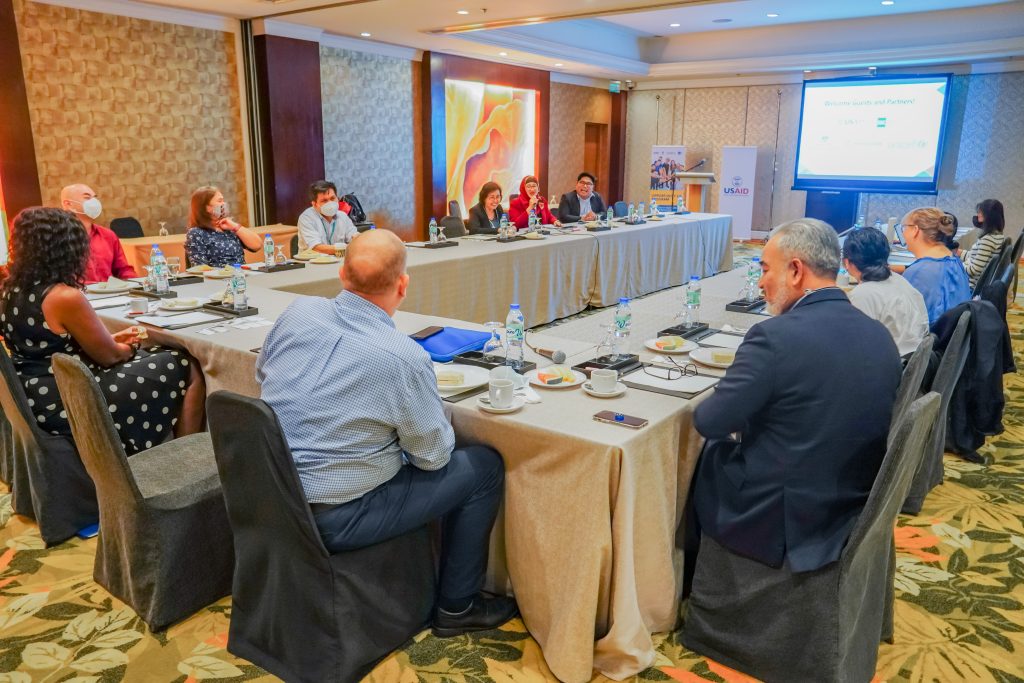
USAID, through the Opportunity 2.0 program implemented by the Education Development Center, organized a Donors’ Forum with agencies working in the Philippine education sector. This is part of USAID’s commitment to implement quality programs that make a lasting positive impact on Filipino out-of-school youth in the country. Among the participants were Georgina Harley-Cavanough, First Secretary of the Department of Foreign Affairs and Trade of the Government of Australia to the Philippines; Sachiko Kataoka, Senior Economist of the World Bank; and Isy Faingold, Chief of Education at UNICEF Philippines.
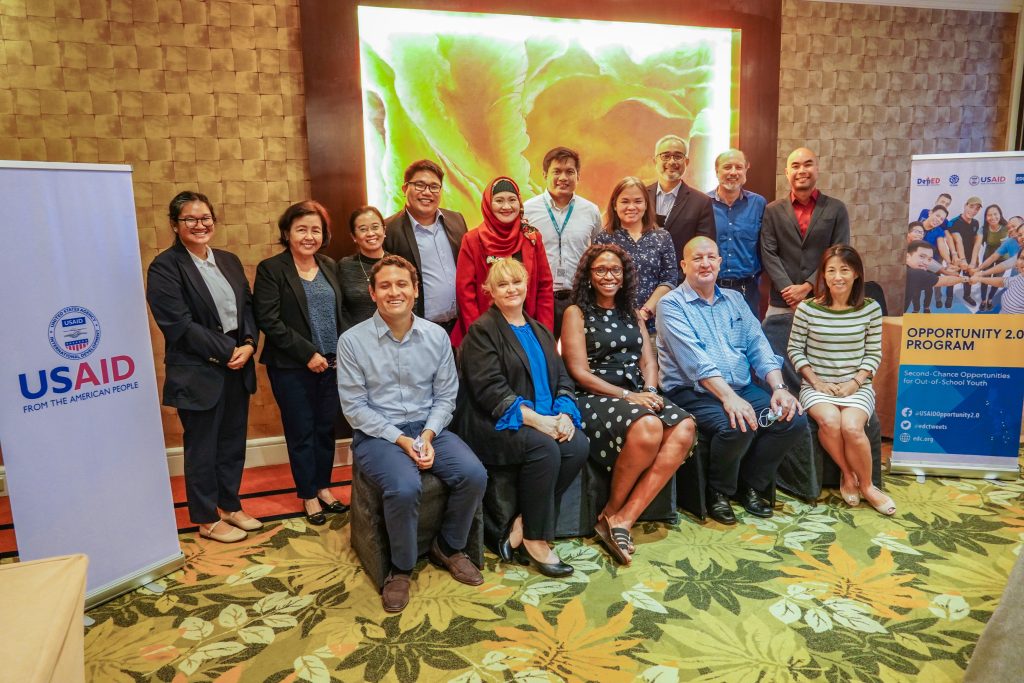
At the meeting, donors revisited USAID’s flagship youth development program, Opportunity 2.0, as it approached its mid-term implementation. The group agreed to continue pushing for a national qualifications framework that would harmonize skills competencies and certifications across multiple government agencies in the country, and even with other governments in the ASEAN region. Supporting digital transformation and ICT in education was also a common goal among donors. There was also a particular interest in engaging private sector and higher education institutions in youth and education development programs. Supporting national and local policy development was identified as a sustainable way to do this as well as through city-level mechanisms such as Youth Development Alliances. Donors agreed to continue deeper discussions on specific components and common goals identified at the forum.
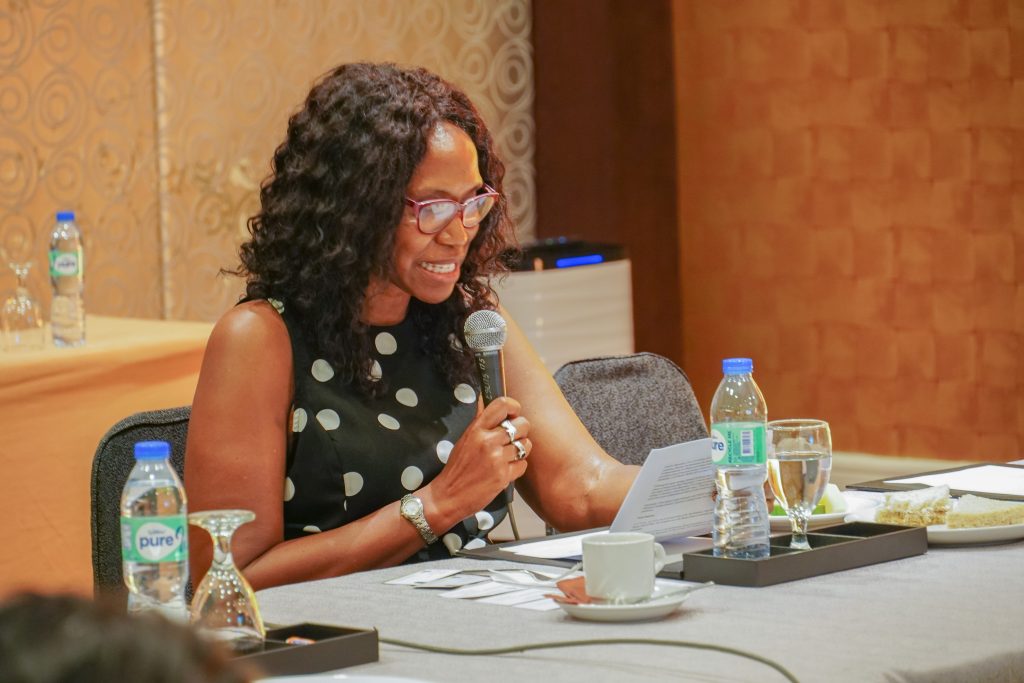
Through USAID’s leadership, donors in the Philippines are able to harmonize youth and education development plans and programs. Collaboration among key donors ensures that common development goals can be achieved while best models from each one can be adopted in the sites and projects of another. Key donors with a unified and harmonized understanding can help facilitate transition for the new Philippine administration, enabling it to build on existing achievements. A strategic direction to move forward is clarified so that collaborative work towards ensuring young Filipinos have access to better learning and earning opportunities can be sustained.#



